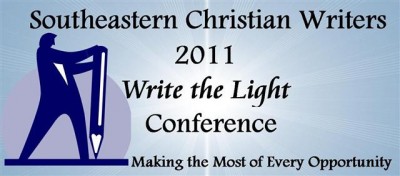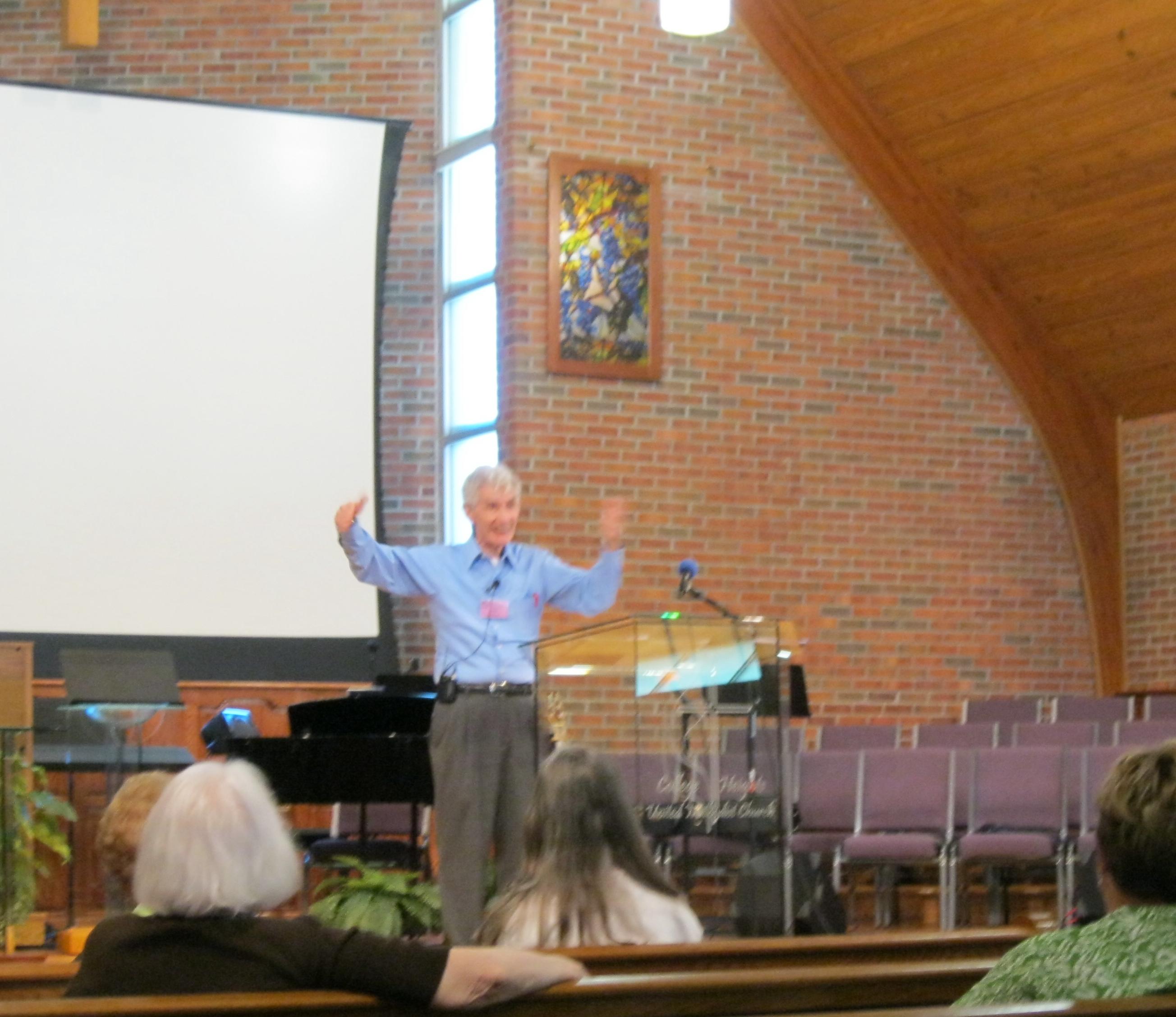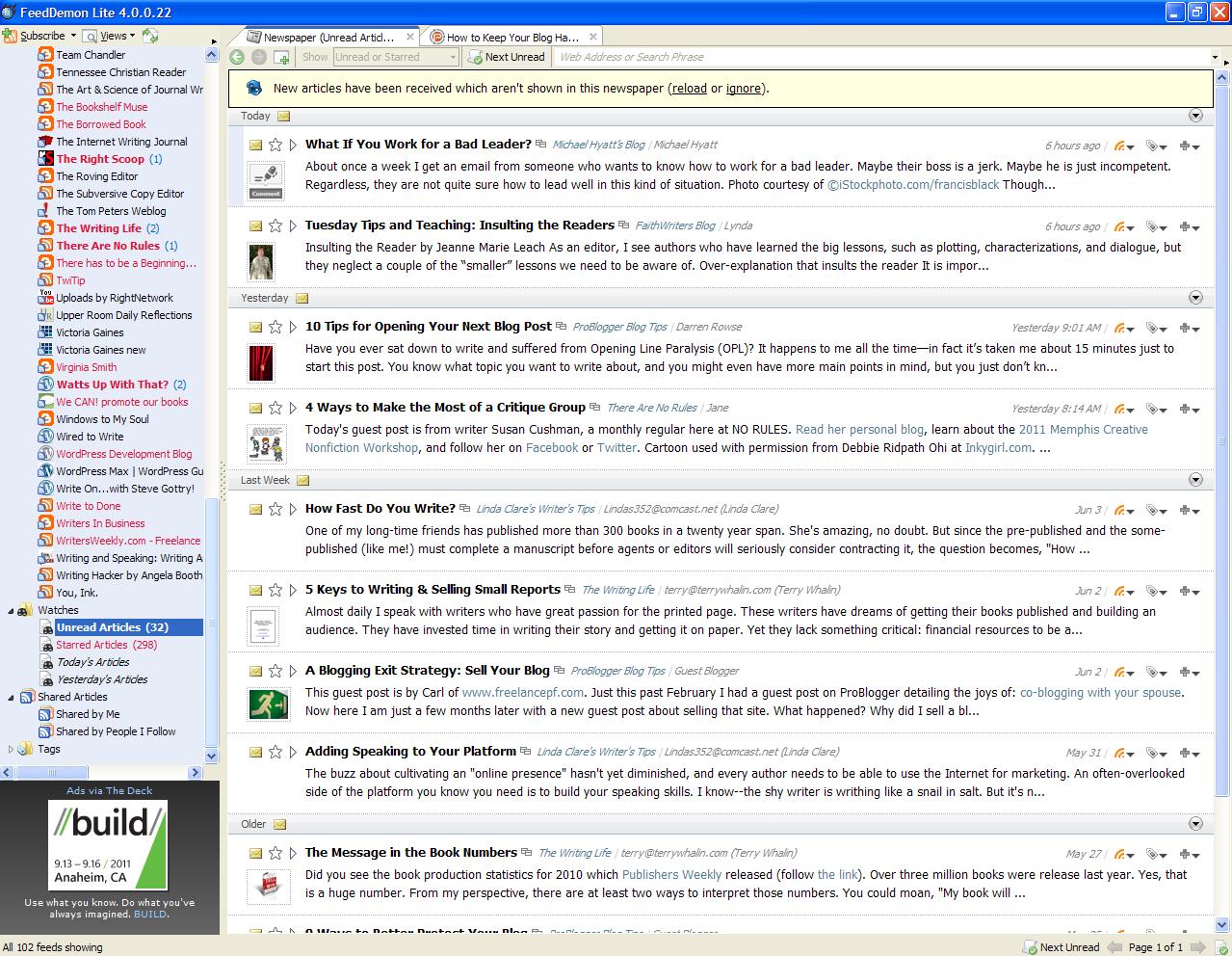Have you attended a writers conference this year? I’m checking out fall conferences that might fit my finances and my schedule. These three conferences are on my wish list. It’s hard to choose, but I use these criteria in making my decision:
- How far will I have to travel? (Mileage plus number of nights in hotel).
- What are the conference fees? And is what they offer worth the price?
- Who is on the faculty? And do they offer private faculty appointments?
- What are the networking opportunities?
 Cleveland (near Chattanooga) is a beautiful place to be in October. Fall color will be near-peak on the weekend of October 14th and 15th. Definitely a perk.
Cleveland (near Chattanooga) is a beautiful place to be in October. Fall color will be near-peak on the weekend of October 14th and 15th. Definitely a perk.
This is a new conference, this year’s edition being only the second. My friends Lettie Kirkpatrick Burress and Wendy Brown are among the organizers. And Sally Stuart , the authority on the Christian market, is featured speaker.
The conference starts mid-afternoon on Friday with sessions on Friday evening and all day Saturday. The fee is only $85 for both days (includes a couple of meals). There are no writing contests or private appointments with faculty. Hotels with reasonable rates are nearby. I think this conference is worth the fee and the travel expense just to be around Sally Stuart. She lives in Oregon, and I live in western Tennessee. When will I have this chance again? Visit the SECWC site and check it out for yourself.
I’ve attended this conference several times in the past, and they always do a great job. It’s sponsored by Wesleyan Publishing House and is held at their world headquarters in Fishers, IN, northwest of Indianapolis. Keynote speaker is Angela Hunt.
several times in the past, and they always do a great job. It’s sponsored by Wesleyan Publishing House and is held at their world headquarters in Fishers, IN, northwest of Indianapolis. Keynote speaker is Angela Hunt.
The conference starts at 1:00 p.m. on Friday, November 4th and runs through 4 p.m. on Saturday. There’s a full schedule including workshops and private faculty appointments. The fee is $149 for both days, no meals included.
This conference provides excellent networking opportunities. It’s well-attended, and their faculty includes some of the most knowledgeable writers, teachers, and editors in the Christian publishing industry: Lin Johnson, Terry Whalin, and Jim Watkins, to name my favorites. It’s a long way to go for me (6-7 hours), with at least three nights in a hotel added to the expense of the fee. All details are now up on their site.
This conference, located in the Dallas-Fort Worth area, has not been around very long, but it has grown by leaps and bounds. May be that’s because everything in Texas has to be big? I have wanted to attend this one for several years, but it hasn’t happened.
be that’s because everything in Texas has to be big? I have wanted to attend this one for several years, but it hasn’t happened.
Although the fee for this conference ($265 for both days) is higher than the first two I’ve mentioned, it offers more. Not only do they have workshops and featured speakers, they have private appointments, contests, and mentoring clinics. And—the fee includes continental breakfast and lunch each day, plus dinner on Friday. The faculty includes Gail Gaymer Martin, Frank Ball (organizer), DiAnn Mills, Kathy Ide, and Mary DeMuth, among others. The hours are Friday, 8 a.m. until 8:45 p.m. and Saturday all day.
For me it’s 9 hours of driving with probably four nights in the hotel. There’s a guilt factor associated with this one, too. I have family living in the Dallas area. If I were to attend a conference at Keller, I’d need to take an extra day to visit them before heading home.
So—What to do? Making these decisions is hard, but it’s time to think about registration. Last year, the Indy conference sold out, and there were no at-door registrations. How about you? Which of these would you choose if you were me? How do you make your decisions on what conferences to attend? Your comments are welcomed.












